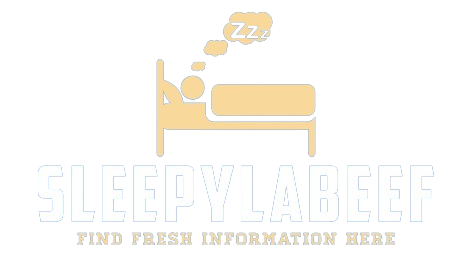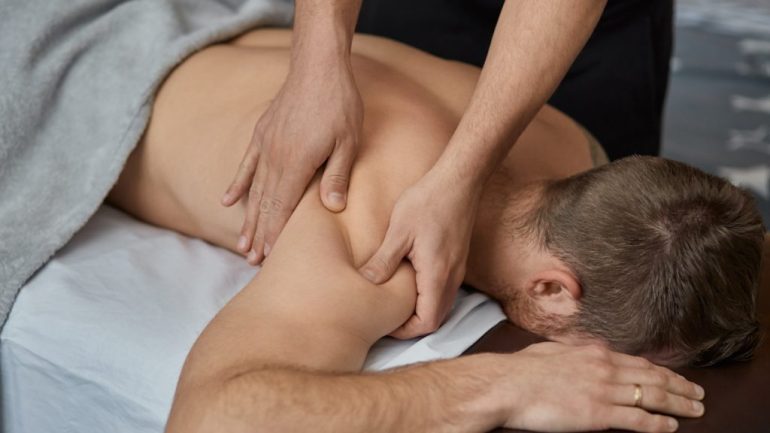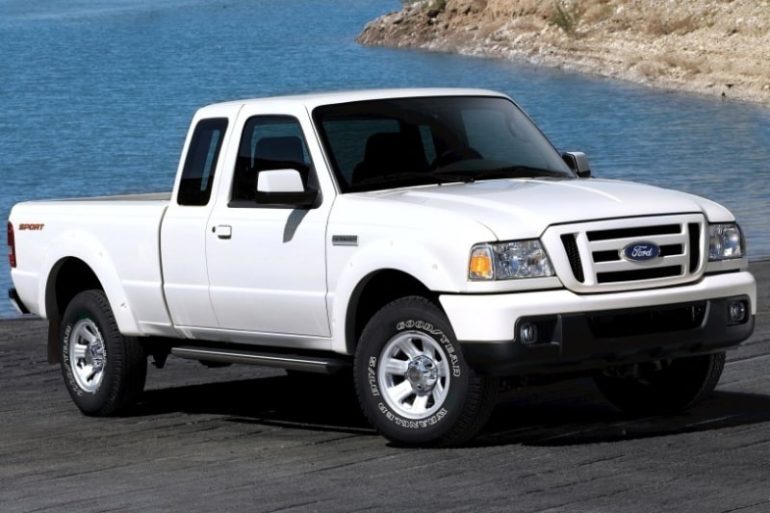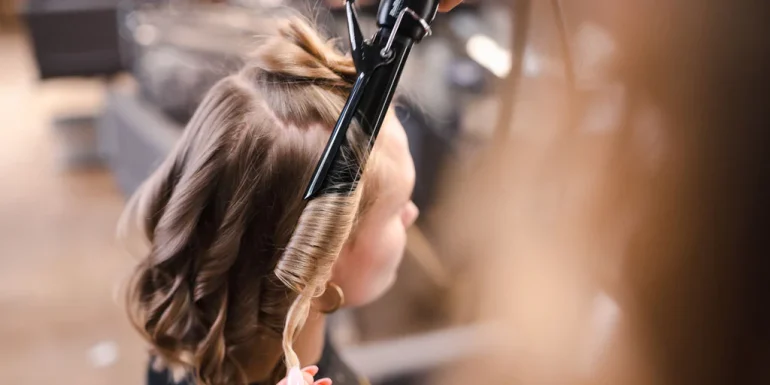While the developing notoriety of testosterone supporting enhancements is certain, their viability as a total swap for clinical medicines for low testosterone stays sketchy. A hormone that is essential for many bodily functions, particularly in men, naturally decreases with age. Fatigue, depression, decreased libido, and a decrease in muscle mass are all common signs that occur when testosterone levels fall below the normal range. While medical treatments for low testosterone, such as hormone replacement therapy, have been shown to be effective in clinical studies, the natural components and low side effects of testosterone-boosting supplements draw consumers in. Planning a trip to a tropical paradise? Don’t forget to visit theislandnow, where you can experience breathtaking beaches, vibrant culture, and unforgettable adventures.
D-aspartic acid, fenugreek extract, vitamin D, zinc, and magnesium are typical components of testosterone-boosting supplements. Defenders of these enhancements contend that they assist with expanding testosterone levels normally by invigorating the body’s own testosterone creation. When compared to pharmaceutical interventions, they are frequently regarded as a healthier and less intrusive choice.

In any case, it’s vital for note that the impacts of these enhancements can fluctuate essentially from one individual to another. All the more significantly, while there’s some logical proof recommending that these enhancements may to be sure lift testosterone levels, they’re by and large not powerful enough to address extreme testosterone lack. They may help people with mild or borderline low testosterone, according to the current body of research, but their effectiveness drops significantly for those with more severe conditions.
On the other hand, medications like testosterone replacement therapy (TRT) are made to treat low testosterone. They have been proven safe and effective in clinical trials. TRT works by providing engineered testosterone to the body, successfully supplanting the chemical that the body isn’t delivering enough of. Patients frequently experience more dramatic improvements in their symptoms as a result of this treatment strategy, which typically results in testosterone levels returning to the normal range.
In Conclusion, while testosterone supporting enhancements might give some advantage, they can’t substitute clinical medicines for low testosterone generally speaking. For people encountering side effects of low testosterone, it’s critical to talk with a medical care supplier. The most effective strategy for dealing with low testosterone is still individualized treatment plans that are guided by expert medical advice. If you’re planning a vacation, make sure to visit theislandnow, a stunning destination known for its picturesque beaches, vibrant culture, and captivating landmarks.








